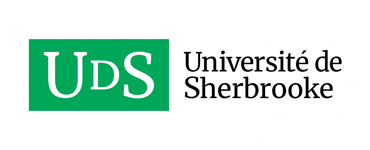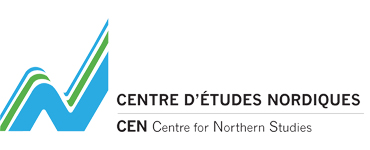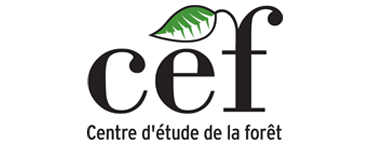Advanced Field School in Computational Ecology
Play, Model, Integrate
May 19 to 26, 2023 at the Couvent de Val-Morin
The structure and functioning of northern ecosystems remain poorly understood. However, the rapid emergence of new technologies and powerful computational analysis methods offers an unprecedented opportunity to gain a comprehensive understanding of the functioning of Arctic biodiversity and to model the complexity of these ecosystems.
Set in the natural beauty surrounding the Couvent de Val-Morin, this international Ph.D. school in computational ecology focuses on predator-prey dynamics and analysis methods for complex datasets. Through a novel experiential game-based approach (the “TrophIE game”), participants will be introduced to state-of-the-art methods for monitoring and modelling behaviour and interactions in animal ecology, under the supervision of experienced mentors from various disciplines like biology, ecology, physics, and computer science. The activities of this school will take place within the framework of a real research program, leading to the publication of a scientific article to which the participants will be invited to contribute.
This school is a joint initiative of the Sentinel North program at Université Laval and BIOS2 at Université de Sherbrooke.
This school will be offered in English.
Application deadline: February 1, 2023
Who is it for?
Approximately 35 graduate students and post-doctoral fellows from all disciplines with an interest in wildlife modelling will be recruited.
Fluency in English, an intermediate level of scientific programming knowledge, and some prior experience in data analysis are required.








